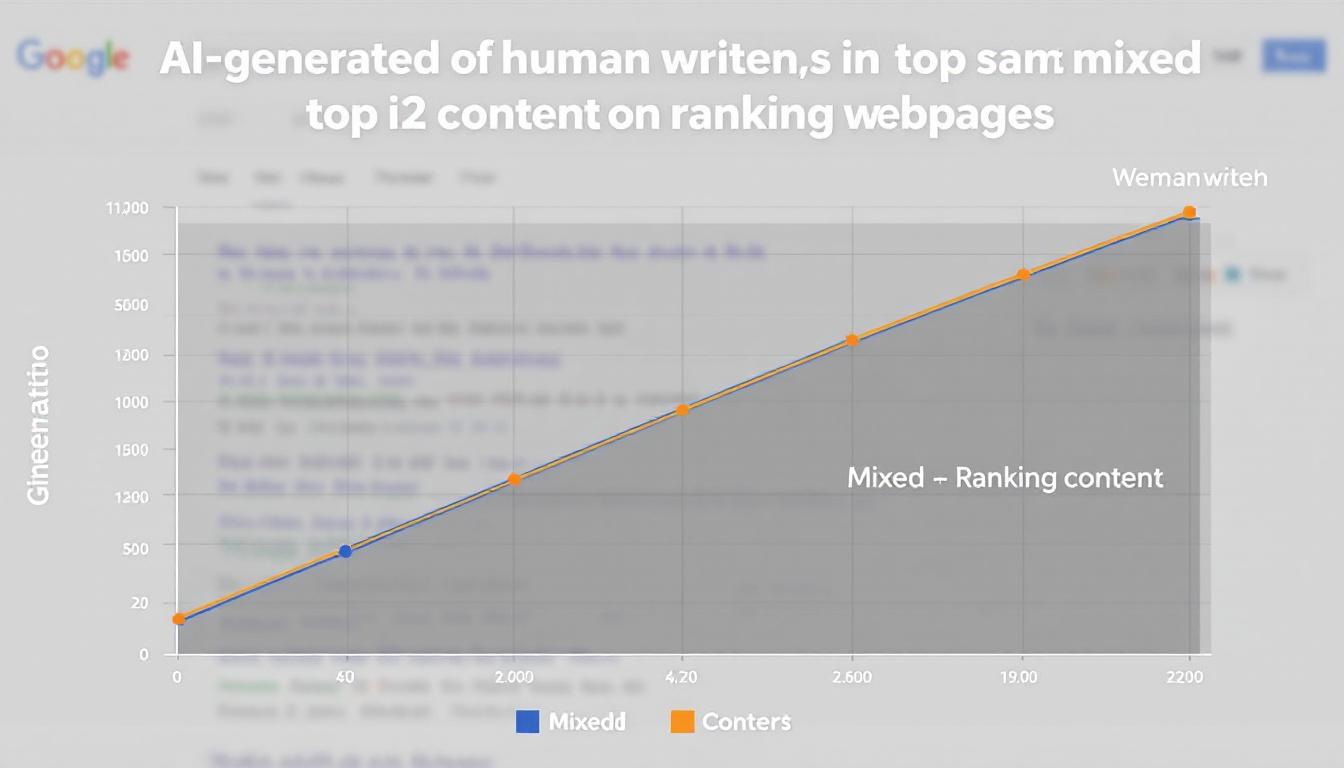Google’s Search Relations team has shed light on why their SEO recommendations often come with caveats or the phrase “it depends.” During a recent episode of the Search Off the Record podcast, team members Martin Splitt and Gary Illyes delved into the complexities that make straightforward advice challenging to provide.
Screpy
Utilize an AI-driven SEO analysis tool to evaluate your website and monitor your keywords all in a single intuitive dashboard.
The Challenge of Contextual Advice
Splitt, acting as a liaison between developers and SEO experts, highlighted how context plays a crucial role in shaping effective guidance.
Misinterpretation of Statements
An example from a Tech SEO Summit illustrated how easily nuanced advice can be misrepresented.
While presenting a bold statement about JavaScript performance, Splitt included a disclaimer about the lack of context within the slide.
Despite his efforts to clarify during the talk, the isolated statement was frequently quoted without the necessary background, leading to misunderstandings about JavaScript’s role in web experiences.
He emphasized that JavaScript is vital for functionalities like offline support, but such details are often lost when single lines are extracted from their intended context.
The Reason Behind Concealed Presentations
The potential for misinterpretation is a key reason why Google typically refrains from sharing their presentation materials.
Risks of Standalone Slides
Illyes pointed out the pitfalls of viewing slides without the accompanying explanations.
He remarked, “Our slides without context, they are useless.” The team is concerned that advice tailored for specific scenarios can be misapplied broadly, which may adversely affect websites with varying requirements, such as those of a small local business versus a global enterprise operating in multiple languages.
The Intricacies of ‘It Depends’ Responses
Both team members acknowledged that their contingent answers often frustrate the SEO community, yet these responses are a necessity.
Tailored Recommendations
Splitt explained the diversity of website needs that complicate straightforward advice.
He noted that a site targeting a niche market with strict regulations in one language has different requirements than a multinational brand with a broad audience.
Consequently, Google strives to provide comprehensive answers that account for these varying factors, making their guidance more detailed and less simplistic.
The team also expressed concerns about how snippets of their advice are often taken out of context, used selectively to support specific agendas rather than understanding the full scope of their recommendations.
Implications for SEO Professionals
The transparency from Google’s team resonates with many SEO practitioners who navigate these complexities daily.
Emphasizing Influential Factors
Instead of searching for definitive answers, the focus shifts to understanding the underlying elements that shape Google’s guidance.
Recognizing the rationale behind Google’s advice proves more beneficial than seeking universal solutions, as it allows SEO professionals to tailor strategies that align with their unique circumstances.
The Bottom Line
Google’s candid discussion about the challenges of providing SEO advice highlights the importance of context and flexibility in digital strategies.
By delving into the reasons behind their nuanced recommendations, SEO professionals can better navigate the complexities of optimizing for diverse and dynamic web environments.








